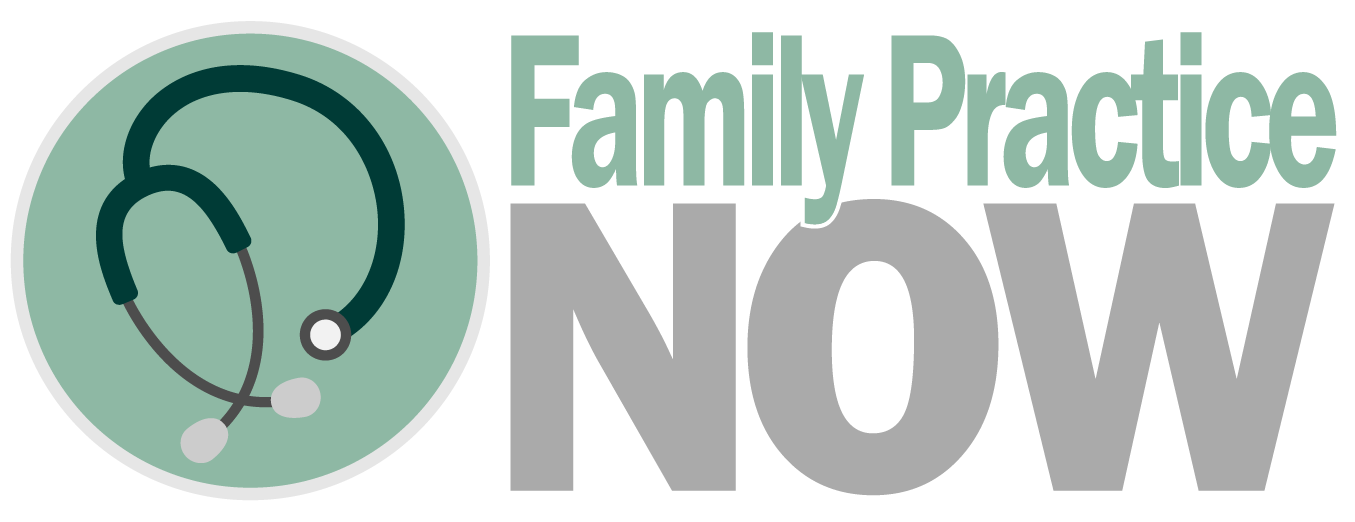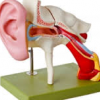Premier - Local Otolaryngologist
-
Chronic Sinusitis
Chronic sinusitis is indeed characterized by inflammation of the sinuses that persists for a duration of twelve weeks or longer. When acute sinusitis is not resolved adequately, the inflammation can become chronic. Patients with chronic sinusitis often experience a different set of symptoms compared to those with acute sinusitis.
-
Diagnosis and Treatment of Chronic Sinusitis
Nasal irrigations can indeed provide temporary relief for patients waiting for sinus surgery. They help to flush out excess mucus, reduce congestion, and alleviate symptoms such as nasal pressure and discomfort.
As for manuka honey irrigation, it is true that manuka honey has been praised for its potential antibacterial and anti-inflammatory properties. However, it's important to note that the evidence supporting its use in sinus irrigations is limited.



